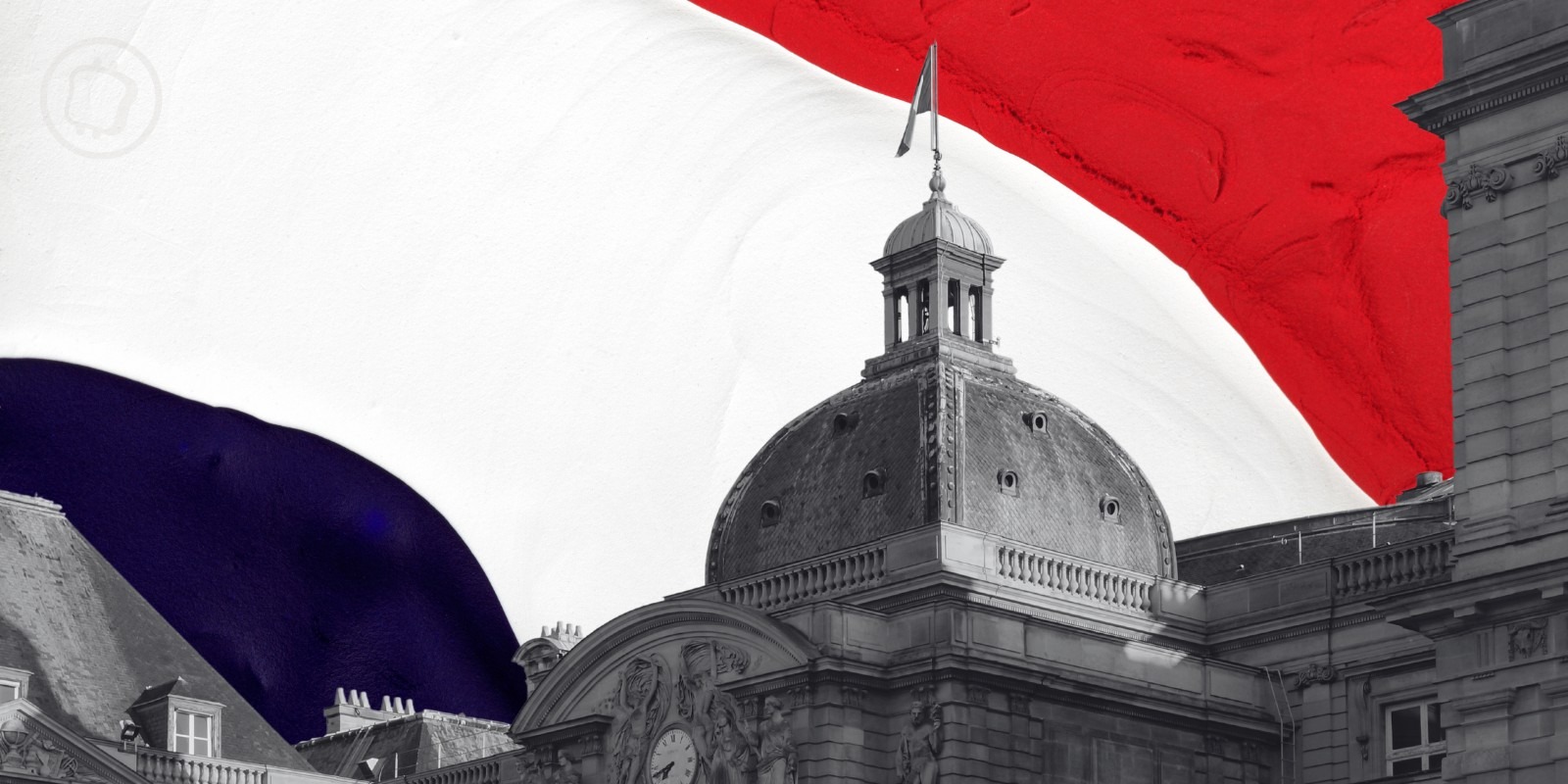The Joint Committee has approved the proposed law on influencers in France, removing the requirement for companies wishing to advertise with influencers to be accredited as Digital Asset Service Providers (DASP). The text still has to be approved by the National Assembly in a vote to be held on 31 May. The text still has to be approved by the National Assembly in a vote to be held on 31 May.
The Joint Committee agrees on the “Influencers” bill
Yesterday, Thursday 25 May, senators and deputies voted unanimously in favour of the proposed law to better regulate the activity of influencers in France during a joint committee meeting.
Law on influencers: an unprecedented agreement to better protect consumers
Meeting in a joint committee, senators and deputies unanimously reached an agreement on the PPLInfluencers
The press release:
https://t.co/qcY1JfH1Qx pic.twitter.com/zZc4ZzZqEg– Sénat (@Senat) May 25, 2023
Concerning the cryptocurrency ecosystem, we can only welcome this decision by the Commission, which has shown itself to be in favour of the revised text, which is more flexible than the initial text, which required companies to be approved as Digital Asset Service Providers (DASP) in order to be able to use advertising via influencers.
However, as no company in France currently holds PSAN accreditation (at best, some fifty are registered), the amended text now requires companies wishing to use this type of advertising to register as PSANs with the Autorité des marchés financiers (AMF).
On the subject of cryptocurrencies, here is what Arthur Delaporte, who drafted the text alongside Stéphane Vojetta, MP, had to say in his press release:
- “Only financial products and cryptocurrencies from players registered with the AMF will be able to be promoted, always within a regulated framework” ;
DGCCRF [Direction générale de la Concurrence, de la Consommation et de la Répression des fraudes, NDLR] or AMF agents will have their control capabilities strengthened”; - “Commercial influence activities must be covered by a written contract, once the cumulative value of remuneration or benefits in kind exceeds a threshold set by decree”.
And then?
To be definitively adopted, the text will still have to receive the final approval of the deputies during a vote in the National Assembly and the Senate on 31 May. It should also be noted that although we know the broad outlines of the text, its exact wording has yet to be published.
The aim of the proposal is to provide a broader framework for the influence marketing sector, and in particular to ban the promotion of cosmetic surgery and medicine, therapeutic abstention, stricter controls on the promotion of medical products and a ban on the promotion of products containing nicotine.
Minors will also be better protected under the proposal, as advertisers will be banned from advertising gambling, sports betting and prediction subscriptions to minors.
The bill also includes dissuasive penalties. If influencers try to conceal their commercial activity or fail to comply with the legislation governing their activity, they could face up to 2 years’ imprisonment and a €300,000 fine.
